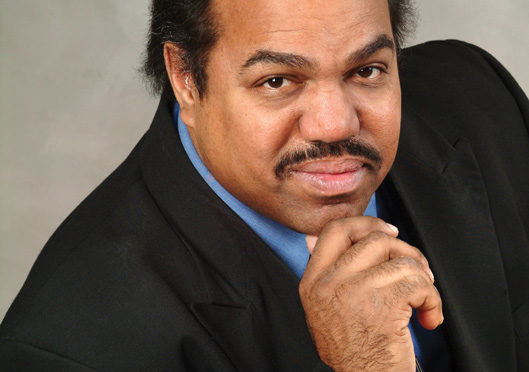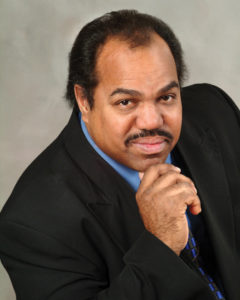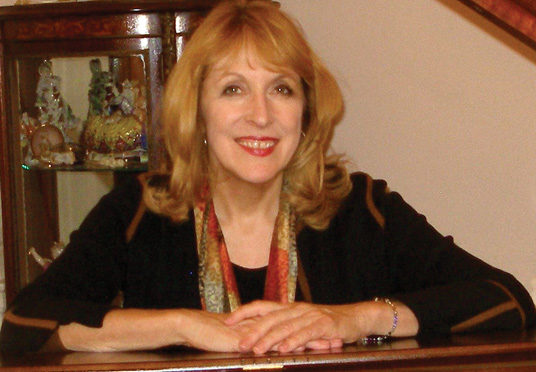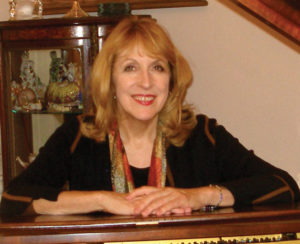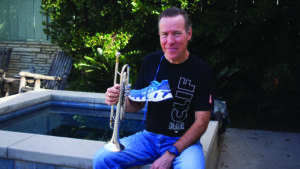The Communications Workers of America (CWA) has asked companies where its members work (Verizon, AT&T, and six others) to pledge in writing that they will increase employee pay if Congress cuts corporate taxes. Specifically, CWA has asked for them to commit to giving workers a $4,000 raise for every year that the corporate rate is reduced to 20%.
“We are going straight to the people who know how corporations plan to spend the billions of dollars being handed over to them—the CEOs—and asking them if they intend to keep the promises that Trump is making on their behalf,” says CWA President Chris Shelton.
The Trump administration has claimed that, if the corporate tax rate were cut from 35% to 20%, a typical American would make $4,000 more per year. No companies were willing to make the pledge.


